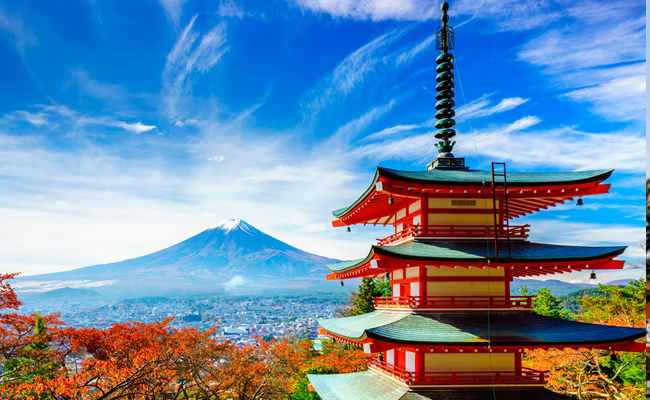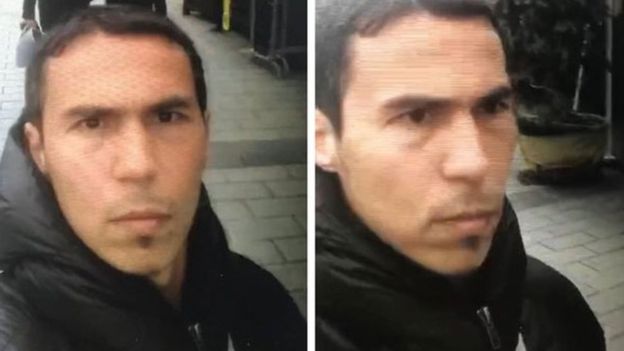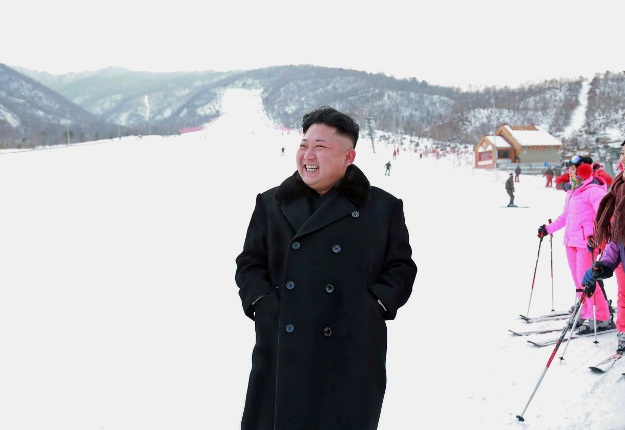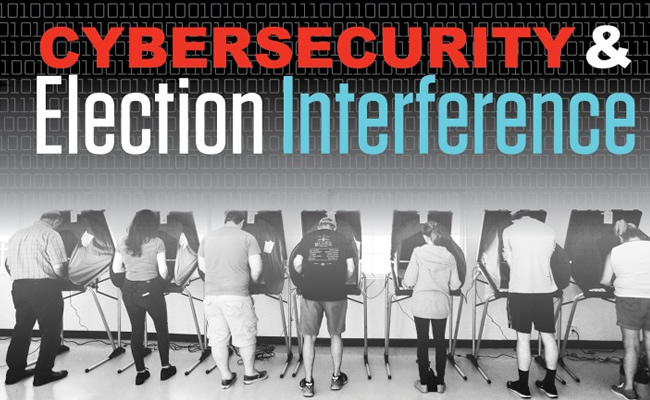VJ Day: Japan marks 75 years since end of WWII

The prime minister of Japan has promised to “never repeat the tragedy of war” on the 75th anniversary of his country’s surrender in World War Two.
“We will continue to remain committed to this resolute pledge,” Shinzo Abe said on Saturday.
He marked the occasion by sending an offering to a controversial war shrine in Tokyo, but did not attend in person.
However, four ministers did visit the Yasukuni Shrine, in a move that is likely to anger China and South Korea.
It is the first time in four years such senior politicians have attended the shrine, which pays homage to a number of senior figures convicted of war crimes, as well as the country’s war dead.
“I paid respects… to the souls of those who nobly sacrificed themselves during the war,” Education Minister Koichi Hagiuda explained to reporters.
South Korea’s President Moon Jae-in did not mention the visits in remarks made on Saturday. President Moon instead used the occasion – known as Liberation Day in South Korea – to say his government was prepared to sit down for face to face talks over historical disputes at any time.
Seoul and Tokyo are divided over compensation demands for Koreans forced to work under the Japanese occupation, which began in 1910 and ended in 1945.
Tokyo’s Yasukuni Shrine is home to the spirits of Japan’s 2.5 million war dead.
This morning, despite 36 degree heat and Covid-19, thousands of ordinary people lined up to pay their respects.
READ ALSO: Amazon launches online pharmacy in India
But the Yasukuni Shrine also honours 14 of Japan’s wartime leaders, men who were later convicted as Class-A war criminals.
As gathered by Daily Times, any visit to the shrine by a senior Japanese politician is considered highly offensive in Korea and China.
For that reason, Japan’s emperor never visits the shrine, and today’s official commemorations are being held elsewhere.
But four senior members of Prime Minister Shinzo Abe’s cabinet did go to Yasukuni this morning, and Mr Abe himself sent a ritual offering.
That will reinforce the view in Beijing and Seoul that, 75 years after the war ended, Japan’s ruling elite is still less than sincere in its remorse for this country’s wartime aggression.
It is estimated that there were also 71,000 British and Commonwealth casualties of the war against Japan, including more than 12,000 prisoners of war. Millions more died during the occupation of China and South Korea.
The end of the conflict in Japan came days after the US dropped nuclear bombs over the cities of Hiroshima and Nagasaki on 6 and 9 August.
On August 15, 1945, Japanese Emperor Hirohito addressed the nation and announced an end to the fighting. The country’s official surrender was signed on September 2 the same year.
Victory in Europe (VE) Day took place on May 8 following Germany’s surrender, but the war continued in the Asia-Pacific region for months.
(BBC)








